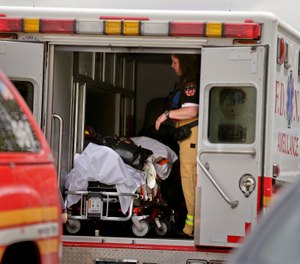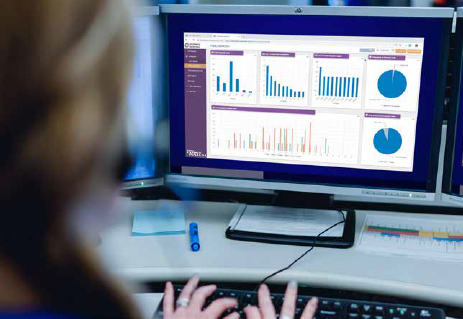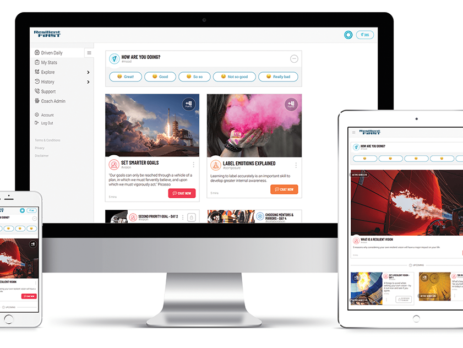Atypical Pneumonia in China Province Tied to Seafood Market
IN THE NEWS This information is being published only for awareness because there has been confirmation that a small outbreak of what is thought to be a viral pneumonia/respiratory infection is being investigated by The National (China) Health and Health Commission, the Heath Commission of Hubei Province, and the Wuhan Municipal Health Commission. Reports have also been made by Hong Kong’s Centre for Health Protection (CHP) and Taiwan’s CDC. At last report, 12/31/19, the outbreak consisted of 27 individuals with fever...





